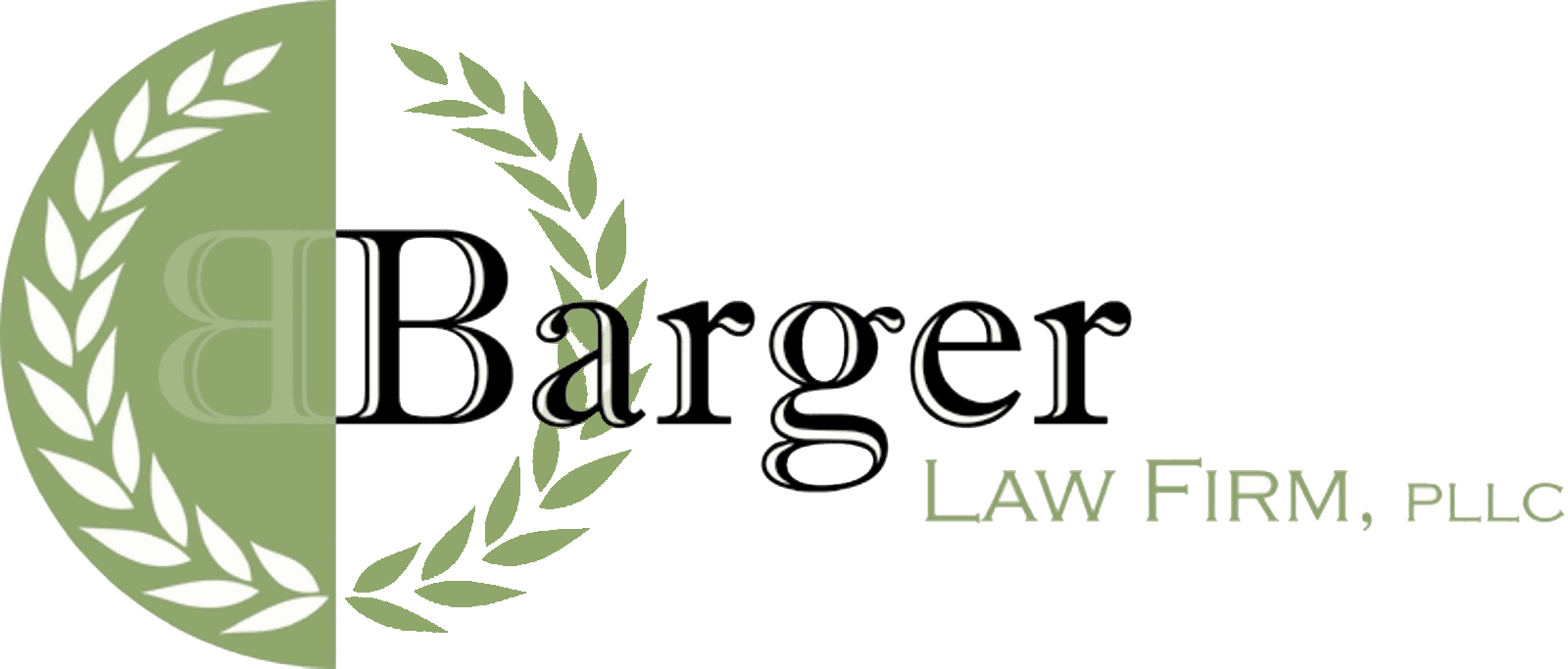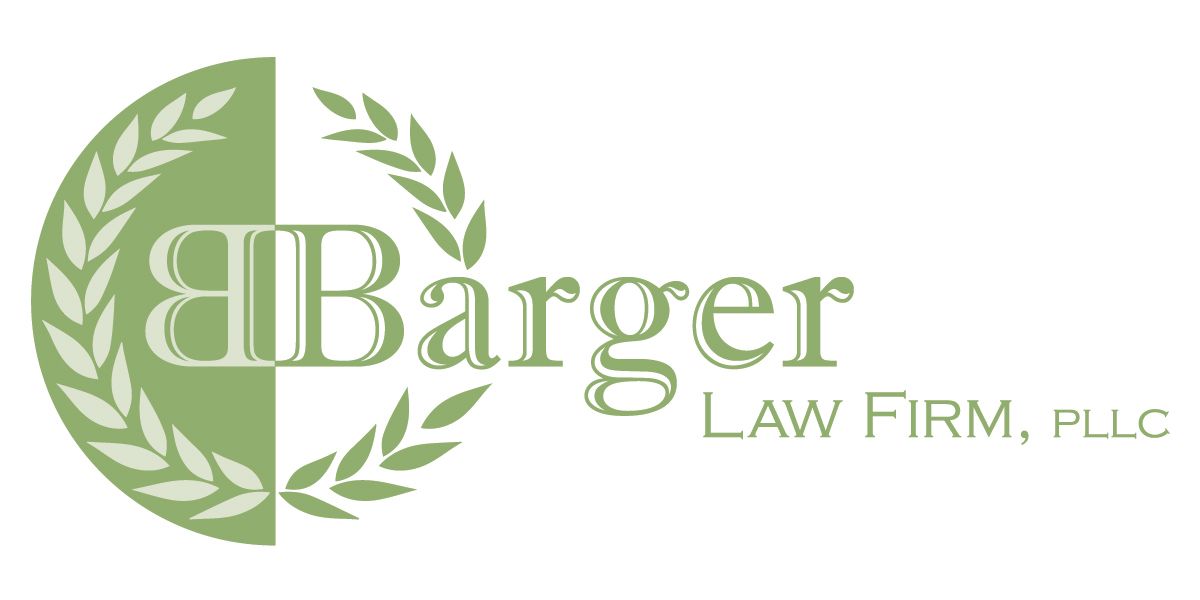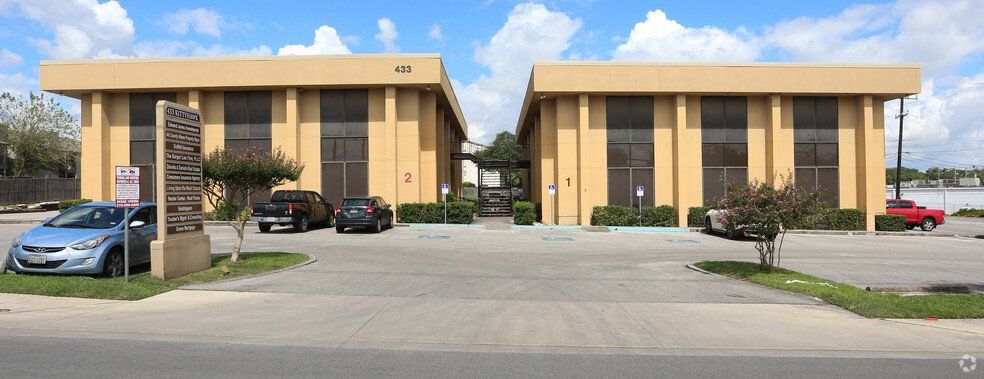What Is a Trust and Why It Matters: With a $1M+ Case Scenario
When planning for the future, one of the most powerful tools for protecting your legacy is a trust. Yet, many families delay creating one—often due to confusion, misconceptions, or the belief that trusts are only for the ultra-wealthy. In truth, if you own a home, investment accounts, or a business—and especially if your estate exceeds $1 million—a trust could save your loved ones time, money, and conflict.
What Is a Trust?
A trust is a legal arrangement where one party (the grantor) transfers assets to another party (the trustee) to manage for the benefit of a third party (the beneficiary). It can control how and when your assets are distributed, both during your life and after your death.
Key Roles in a Trust:
- Grantor: The person who creates and funds the trust
- Trustee: The person or institution managing the assets
- Beneficiary: The person(s) who receive the benefits of the trust
Types of Trusts:
There are dozens of trust types, but most fall into two primary categories:
1. Revocable Living Trust
- Created during your lifetime
- Can be altered or revoked at any time
- Avoids probate, provides privacy, and allows flexible asset management
2. Irrevocable Trust
- Cannot be modified or revoked without beneficiary consent
- Removes assets from your taxable estate
- Offers strong asset protection and estate tax planning benefits
Other Common Trusts:
- Testamentary Trust (created in a will)
- Special Needs Trust
- Charitable Remainder Trust
- Bypass Trust
- Spendthrift Trust
- Qualified Terminable Interest Property (QTIP) Trust
- Grantor Retained Annuity Trust (GRAT)
Life Scenario: With vs. Without a Trust
Let’s compare two individuals—both with over $1 million in assets—but with very different estate planning outcomes.
🔹 John – With a Trust
- Owns $1.2M in real estate, stocks, and savings
- Created a Revocable Living Trust
- Assets transfer immediately to heirs upon death
- Probate avoided – no court delays or extra costs
- Estate remains private
- Children inherit in trust – protected from lawsuits or divorce
Time to settle estate:
2–3 months
Legal costs:
Low
Privacy:
Fully protected
🔹 Mary – Without a Trust
- Owns $1.2M in similar assets
- Only has a Last Will and Testament
- Estate must go through probate court
- Assets are frozen for months
- 5% of estate lost to court and legal fees
- Estate details become public record
- Higher risk of family conflict and creditor claims
Time to settle estate:
9–18 months
Legal costs:$30,000–$60,000
Privacy:
None
This comparison shows why having a trust—especially when your estate is valued at over $1 million—can protect your loved ones from unnecessary court proceedings, legal costs, and delays.





